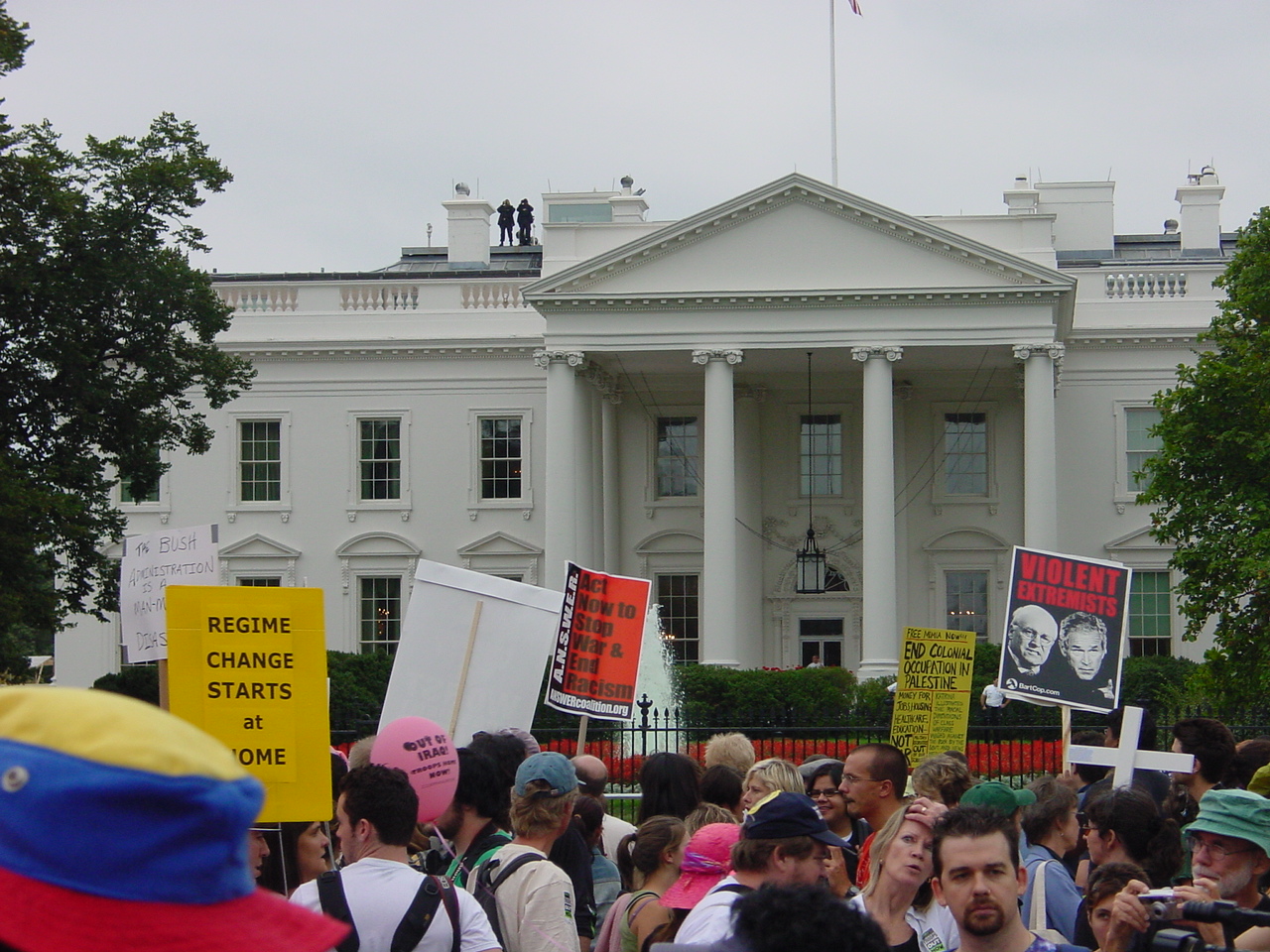Introduction
Different
approaches to direct democracy have been discussed at least since the
1980’s when computers became ubiquitous. Money in politics,
which drives political corruption and oligarchical control, has made
the case for direct democracy in the USA more urgent.
Recent elections have demonstrated that money-in-politics can not be overcome by the alternative Parties. Libertarians, conservatives, and progressives collectively received about 10 percent of the vote in the 2016 Presidential Election. The only hope of wresting control away from the Republican-Democrat duopoly is for people to unite for a better democracy.
The Duopoly
Democratic and Republican Party
policies have been remarkably similar since Clinton was elected in
1992, and even more so since the World Trade Center attack in 2001.
Both parties favor the security state, use of military force, reduced
taxes, and corporate welfare. Representative democracy has been
compromised by the need to serve donors.
Nothing demonstrates that more than the betrayals of populist leaders Obama and Trump. Obama promised “Change you can believe in” and “the most transparent Administration ever” but served the establishment remarkably well. Trump promised to forgo foreign interventions as part of his “America First” focus. As a commenter at ZeroHedge wrote:
For 18 months Trump campaign for ‘America First’ and against ‘radical Islamic terrorism’. Then he saw a picture.
Direct Democracy
Direct democracy is
difficult to implement. Partly for this reason, the US has
allowed referendums but has discouraged replacing Representative
Democracy with Direct Democracy. In fact, initial attempts at
being more response to the public have fallen flat. For
example:
- Obama said that he would respond to any “We the People” petition at WH.com that received more than 5,000 votes, but that was then raised to 25,000 votes, and then again to 100,000.
- At a Town Hall at the University Florida, a student was tazed when he asked John Kerry about his membership in Skull and Bones, an infamous secret society at Yale University.
- When the Corporations and the Federal Reserve have solicited questions via Twitter, they have been deluged with sarcastic questions and negative comments.
Pirate Party
One of the few attempts at
Direct Democracy that has found success is the Pirate Party.
The first Pirate Party was founded in 2006 and US
Pirate Party was established the same year.
The Iceland Pirate Party got 14.5 % of the vote in 2016, winning 10 seats.
